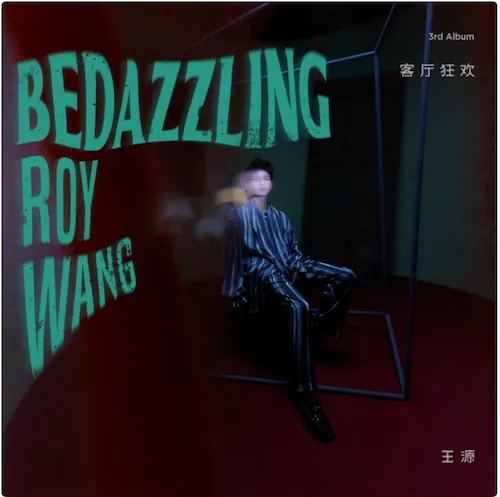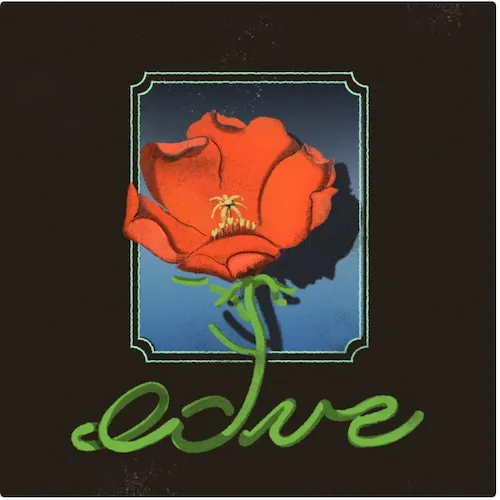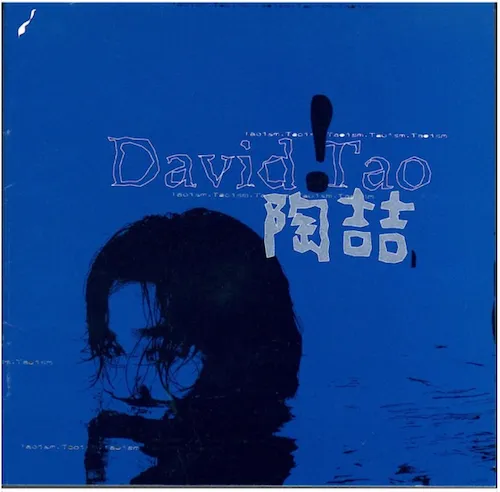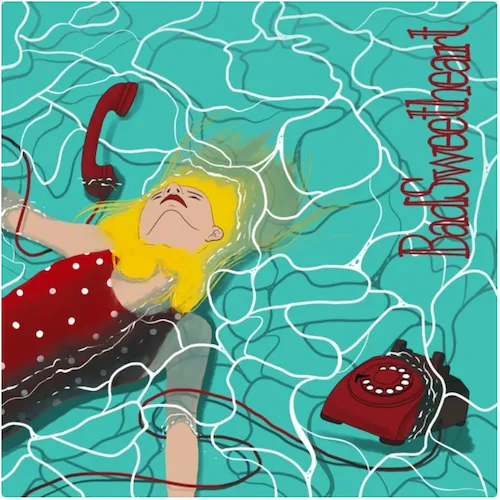Xincao (Neil) Xu (Chinese character 许新操 or 許新操) is currently an Associate Researcher in computer science with the Shenzhen Institute for Advanced Study, University of Electronic Science and Technology of China (UESTC), Shenzhen, China.
He received the Ph.D. degree in computer science from the College of Computer Science, Chongqing University (CQU), Chongqing, China, in 2023.
From 2023 to 2025, he was a Postdoctoral Research Fellow with the Shenzhen Institute for Advanced Study, UESTC.
His research interests include edge intelligence, agentic AI, and agentic RL.
He has authored and co-authored more than 15 papers with total google scholar 
|
Contact Information: Office Address: Room 408, Building 3, YESUN Intelligent Community II, Guanlan Street, Longhua District, Shenzhen 518110, China E-mail: xcDOTxuATuestcDOTeduDOTcn |
🔥 News
🔈 Call for Students
Dr. Xu is now recruiting highly motivated undergraduate and Master’s students to join our research group. If you are passionate about cutting-edge technologies in edge intelligence, agent artificial intelligence, and agentic reinforcement learning, we encourage you to apply!
🎯 We Offer
- Respect for students’ interests in determining research directions, with full support provided to the greatest extent possible.
- Weekly group meetings to ensure steady progress and effective collaboration.
- Guidance for publishing in top-tier conferences and journals.
- Full support for personal academic growth and career development.
✅ We Are Looking For Students Who
- Have a background in Computer Science, Telecommunications, Automation, or related fields.
- Are proficient in programming (e.g., Python, C++).
- Possess a solid mathematical foundation (optimization, linear algebra, probability).
- Have prior experience or strong interest in edge intelligence, LLM agents, and reinforcement learning.
📧 How to Apply
Interested candidates are welcome to contact Dr. Xu via email with your CV, academic transcripts, and a brief self-introduction.
We look forward to hearing from you!
🔬 Research

🏫 Teaching
🧑🏫 Homeroom Teacher
- Homeroom Teacher for STEM Education, Shenzhen Longhua S&T Experimental High School, May 2025 - May 2028.
📚 Students
- Chun He (何春), M.S. student in Computer Scinece, co-advised with Prof. Penglin Dai in Southwest Jiaotong University,
| E-mail: hechunconorATmyDOTswjtuDOTeduDOTcn
- Zijie Zhou (周子杰), M.S. student in Computer Scinece, co-advised with Prof. Penglin Dai in Southwest Jiaotong University,
| E-mail: zzj1921ATmyDOTswjtuDOTeduDOTcn
- Lin Xiao (肖林), M.S. student in Computer Scinece, co-advised with Prof. Penglin Dai in Southwest Jiaotong University,
| E-mail: xlinATmyDOTswjtuDOTeduDOTcn
- Fulian Li (李富连), M.S. student in Computer Scinece, co-advised with Prof. Penglin Dai in Southwest Jiaotong University,
| E-mail: fulianliATmyDOTswjtuDOTeduDOTcn
- Jie Li (李杰), M.S. student in Computer Scinece, co-advised with Prof. Penglin Dai in Southwest Jiaotong University,
| E-mail: li2839213997ATmyDOTswjtuDOTeduDOTcn
- Ziqiang Ren (任自强), M.S. student in Computer Scinece, co-advised with Prof. Penglin Dai in Southwest Jiaotong University,
| E-mail: 1667949917ATmyDOTswjtuDOTeduDOTcn
- Pengju Zhang (张鹏举), Undergraduate student in Materials Science, co-advised with Prof. Penglin Dai in Southwest Jiaotong University,
| E-mail: 2959876685ATqqDOTcom
🎓 Alumnus
- Junyuan Wu (吴峻源), M.S. in Computer Science, 2025
- Dissertation Title: “Research on Key Technologies for Resource Scheduling and Model Deployment in Vehicular Digital Twins”
- Professional Start: Development Engineer in Autonomous Driving Simulation at Zelostech (Suzhou) Co., Ltd.
- Co-Advisor: Prof. Kai Liu, Chongqing University
- Contact Information:
| E-mail: 1024038920ATqqDOTcom
📖 Publication
JCR: Journal Citation Reports by Clarivate Com. SCI: Journal Partition List by National Science Library, Chinese Academy of Sciences CCF: Recommended Publications by China Computer Federation *: Corresponding Author
Journal
- Penglin Dai*, Biao Han, Ke Li, Xincao Xu, Huanlai Xing, and Kai Liu, Joint Optimization of Device Placement and Model Partitioning for Cooperative DNN Inference in Heterogeneous Edge Computing, IEEE Transactions on Mobile Computing (TMC), volume 24, issue 1, pp. 210-226, January 2025. IF: 7.7 (2023), 6.5 (5-year) [JCR Q1|SCI Q2|CCF A]
- Xincao Xu, Kai Liu*, Penglin Dai, Ruitao Xie, Jingjing Cao, and Jiangtao Luo, Cooperative Sensing and Heterogeneous Information Fusion in VCPS: A Multi-agent Deep Reinforcement Learning Approach, IEEE Transactions on Intelligent Transportation Systems (T-ITS), volume 25, issue 6, pp. 4876-4891, June 2024. IF: 8.5 (2022), 9 (5-year) [JCR Q1|SCI Q1|CCF B]
- Kai Liu*, Xincao Xu*, Penglin Dai, and Biwen Chen, Cooperative Sensing and Uploading for Quality-Cost Tradeoff of Digital Twins in VEC, IEEE Transactions on Consumer Electronics (TCE), volume 70, issue 1, pp. 3414-3625, February 2024. IF: 4.3 (2022), 3.9 (5-year) [JCR Q2|SCI Q2]
- Xincao Xu, Kai Liu*, Penglin Dai, Feiyu Jin, Hualing Ren, Choujun Zhan, and Songtao Guo, Joint Task Offloading and Resource Optimization in NOMA-Based Vehicular Edge Computing: A Game-Theoretic DRL Approach, Journal of Systems Architecture (JSA), volume 134, pp. 102780, January 2023. IF: 4.5 (2022), 4 (5-year) [JCR Q1|SCI Q2|CCF B]
- Chunhui Liu, Kai Liu*, Hualing Ren, Xincao Xu, Ruitao Xie, and Jingjing Cao, RtDS: Real-time Distributed Strategy for Multi-period Task Offloading in Vehicular Edge Computing Environment, Neural Computing and Applications (NCA), volume 35, pp. 12373–12387, March 2021. IF: 6 (2022), 5.6 (5-year) [JCR Q1|SCI Q2]
- Ke Xiao, Kai Liu*, Xincao Xu, Liang Feng, Zhou Wu, and Qiangwei Zhao, Cooperative Coding and Caching Scheduling via Binary Particle Swarm Optimization in Software Defined Vehicular Networks, Neural Computing and Applications (NCA), volume 33, pp. 1467-1478, May 2021. IF: 6 (2022), 5.6 (5-year) [JCR Q1|SCI Q2]
- Ke Xiao, Kai Liu*, Xincao Xu, Yi Zhou, and Liang Feng, Efficient Fog-assisted Heterogeneous Data Services in Software Defined VANETs, Journal of Ambient Intelligence and Humanized Computing (JAIHC), volume 12, issue 1, pp.261-273, January 2021. [SCI Q3]
- Xincao Xu, Kai Liu*, Ke Xiao, Liang Feng, Zhou Wu, and Songtao Guo, Vehicular Fog Computing Enabled Real-time Collision Warning via Trajectory Calibration, Mobile Networks and Applications (MONET), volume 25, issue 6, pp. 2482-2494, December 2020. IF: 3.8 (2022), 3.3 (5-year) [JCR Q2|CCF C]
- Kai Liu*, Xincao Xu, Mengliang Chen, Bingyi Liu*, Libing Wu, and Victor Lee, A Hierarchical Architecture for the Future Internet of Vehicles, IEEE Communications Magazine (ComMag), volume 57, issue 7, pp. 41-47, July 2019. IF: 11.2 (2022), 11.2 (5-year) [JCR Q1|SCI Q1]
Conference
- Junyuan Wu, Xincao Xu*, Chuzhao Li, Hao Zhang, Ke Xiao, and Kai Liu, Quality-Cost Trade-off on Constructing Logical Views for Vehicular Cyber-Physical Systems: A Deep Reinforcement Learning Approach, IEEE International Symposium on Product Compliance Engineering-Asia (IEEE ISPCE-AS’23), Shanghai, China, November 3-5, 2023.
- Xincao Xu, Kai Liu*, Qisen Zhang, Hao Jiang, Ke Xiao, and Jiangtao Luo, Age of View: A New Metric for Evaluating Heterogeneous Information Fusion in Vehicular Cyber-Physical Systems, IEEE International Conference on Intelligent Transportation Systems (IEEE ITSC’22), Macau, China, October 8-12, 2022.
- Chunhui Liu, Kai Liu*, Xincao Xu, Hualing Ren, Feiyu Jin, and Songtao Guo, Real-time Task Offloading for Data and Computation Intensive Services in Vehicular Fog Computing Environments, IEEE International Conference on Mobility, Sensing and Networking (IEEE MSN’20), Tokyo, Japan, December 17-19, 2020.
- Yi Zhou, Kai Liu*, Xincao Xu, Chunhui Liu, Liang Feng, and Chao Chen, Multi-period Distributed Delay-sensitive Tasks Offloading in a Two-layer Vehicular Fog Computing Architecture, International Conference on Neural Computing and Applications (NCAA’20), Shenzhen, China, July 3-6, 2020.
- Yi Zhou, Kai Liu*, Xincao Xu, Songtao Guo, Zhou Wu, Victor Lee, and Sang Son, Distributed Scheduling for Time-Critical Tasks in a Two-layer Vehicular Fog Computing Architecture, IEEE Consumer Communications and Networking Conference (IEEE CCNC’20), Las Vegas, USA, January 11-14, 2020.
- Xincao Xu, Kai Liu*, Ke Xiao, Hualing Ren, Liang Feng, and Chao Chen, Design and Implementation of a Fog Computing Based Collision Warning System in VANETs, IEEE International Symposium on Product Compliance Engineering-Asia (IEEE ISPCE-CN’18), Hong Kong/Shenzhen, China, December 5-7, 2018. (Best Paper Award)
Chinese Papers
- Xincao Xu, Kai Liu*, Chunhui Liu, Hao Jiang, Songtao Guo, and Weiwei Wu, Potential Game Based Channel Allocation for Vehicular Edge Computing, Tien Tzu Hsueh Pao/Acta Electronica Sinica (电子学报), volume 49, issue 5, pp.851-860, July 2021. [CCF T1]
- Xincao Xu, Yi Zhou, Kai Liu*, Chaocan Xiang, Yantao Li, and Songtao Guo, Potential Game based Distributed Channel Allocation in Vehicular Fog Computing Environments, 14th China Conference on Internet of Things (CWSN’20), Dunhuang, China, September 18-21, 2020. (Best Paper Candidate)
Dissertation
- Xincao Xu, Research on Key Techniques for Modeling and Optimization of Vehicular Cyber-Physical Systems, Chongqing University, Doctoral Dissertation, June 2023.
🏆 Grants
 NSFC: National Natural Science Foundation of China
NSFC: National Natural Science Foundation of China
 GBABRF: Guangdong Basic and Applied Basic Research Foundation
GBABRF: Guangdong Basic and Applied Basic Research Foundation
 SSTP: Shenzhen Science and Technology Program
SSTP: Shenzhen Science and Technology Program
 CPSF: China Postdoctoral Science Foundation
CPSF: China Postdoctoral Science Foundation
Principal Investigator
 GBABRF, General Project, “Research on Key Techniques for Generative Model-based Vehicular Digital Twins”, 2025A1515012825, 100,000 CNY, Jan 2025 - Dec 2027. (top 18.8%)
GBABRF, General Project, “Research on Key Techniques for Generative Model-based Vehicular Digital Twins”, 2025A1515012825, 100,000 CNY, Jan 2025 - Dec 2027. (top 18.8%) CPSF, Postdoctoral Fellowship Program, “Research on Integrated Sensing and Communications based Vehicle-Infrastructure Cooperation System for Vehicular Digital Twin Networks”, GZC20230384, 240,000 CNY, Jan 2024 - Jun 2025. (only 58 candidates were selected in Information and Communication Engineering in 2023)
CPSF, Postdoctoral Fellowship Program, “Research on Integrated Sensing and Communications based Vehicle-Infrastructure Cooperation System for Vehicular Digital Twin Networks”, GZC20230384, 240,000 CNY, Jan 2024 - Jun 2025. (only 58 candidates were selected in Information and Communication Engineering in 2023) CPSF, General Fund, “Modeling and Optimization of Cyber-Physical System for Vehicular Edge Computing”, 2023M740515, 80,000 CNY, Jan 2024 - Jun 2025. (top 15.9%)
CPSF, General Fund, “Modeling and Optimization of Cyber-Physical System for Vehicular Edge Computing”, 2023M740515, 80,000 CNY, Jan 2024 - Jun 2025. (top 15.9%)
Participation
 NSFC, General Project, “Computing Model Deployment and Collaborative Cross Domain Optimization for Edge Intelligence of Internet of Vehicles”, 62172064, 590,000 CNY, Jan 2022 - Dec 2025.
NSFC, General Project, “Computing Model Deployment and Collaborative Cross Domain Optimization for Edge Intelligence of Internet of Vehicles”, 62172064, 590,000 CNY, Jan 2022 - Dec 2025. NSFC, General Project, “Research on High Performance Data Transmission and Reception Mechanism of Wireless Energy-capable Communication Network Based on Successive Interference Cancellation”, 62072064, 580,000 CNY, Jan 2021 - Dec 2024.
NSFC, General Project, “Research on High Performance Data Transmission and Reception Mechanism of Wireless Energy-capable Communication Network Based on Successive Interference Cancellation”, 62072064, 580,000 CNY, Jan 2021 - Dec 2024. NSFC, General Project, “Research on Continuous Authentication Method and Key Technologies for Mobile Users Based on Behavioral Characteristics”, 62072061, 580,000 CNY, Jan 2021 - Dec 2024.
NSFC, General Project, “Research on Continuous Authentication Method and Key Technologies for Mobile Users Based on Behavioral Characteristics”, 62072061, 580,000 CNY, Jan 2021 - Dec 2024. NSFC, General Project, “Research on Intelligent Multitask High-Performance Optimization Algorithms Based on Transfer Learning”, 61876025, 620,000 CNY, Jan 2019 – Dec 2022.
NSFC, General Project, “Research on Intelligent Multitask High-Performance Optimization Algorithms Based on Transfer Learning”, 61876025, 620,000 CNY, Jan 2019 – Dec 2022. NSFC, General Project, “Research on Architecture and Protocols for Large-scale Data Services in Converged Heterogeneous Internet of Vehicles”, 61872049, 640,000 CNY, Jan 2019 – Dec 2022.
NSFC, General Project, “Research on Architecture and Protocols for Large-scale Data Services in Converged Heterogeneous Internet of Vehicles”, 61872049, 640,000 CNY, Jan 2019 – Dec 2022. SSTP, Science and Technology Major Project, “Research and Development of Key Technologies for PCIe Gen6 SSD Chips Towards Enterprise-Level Applications”, KIZD20240903095401003, 5,000,000 CNY, Jan 2025 - Dec 2027.
SSTP, Science and Technology Major Project, “Research and Development of Key Technologies for PCIe Gen6 SSD Chips Towards Enterprise-Level Applications”, KIZD20240903095401003, 5,000,000 CNY, Jan 2025 - Dec 2027. SSTP, General Project, “Research on Efficient Training and Inference Methods for Cloud-Edge-Device Collaborative Deep Learning Models”, JCYJ20240813114223031, 300,000 CNY, Jan 2025 - Dec 2027.
SSTP, General Project, “Research on Efficient Training and Inference Methods for Cloud-Edge-Device Collaborative Deep Learning Models”, JCYJ20240813114223031, 300,000 CNY, Jan 2025 - Dec 2027.- Engineering Research Center of Sustainable Urban Intelligent Transportation, Ministry of Education, China, Ongoing Open Research Topics, “Research on Vehicle-Edge Collaborative Inference Technology for Empowering Traffic Safety Operations and Maintenance”, KCX2024-KF07, 20,000 CNY, Jul 2025 - Dec 2025.
✨ Others
📄 Patents
- Xincao Xu, Kai Liu, Dong Li, “A Control Plane View Construction Method for Software-Defined Vehicular Networks”, Chinese Invention Patent, ZL202110591822.1, 2022.
- Liu Kai, Zhang Lang, Xincao Xu, Ren Hualing, Zhou Yi, “An Edge Computing Based Collision Warning Method for Vehicles in Blind Areas”, Chinese Invention Patent, ZL201910418745.2, 2021.
- Ren Hualing, Liu Kai, Chen Mengliang, Zhou Yi, Xincao Xu, “A Fog Computing-based Information Acquisition, Computing, and Transmission Architecture”, Chinese Invention Patent, ZL201910146357.3, 2021.
📺 Demo
- Joint Model Caching and Inference System
- Non-Light-of-Sight (NLOS) Collision Warning System
📢 Call for Papers
*: Estimated Date
| Deadline | Date | Conference Name | Location | CCF |
|---|---|---|---|---|
| Jun 15, 2025 | Aug 16, 2025 | CIVS: 3rd CCF Intelligent Vehicles Symposium | Hangzhou, China 🇨🇳 | / |
| / | Oct 23, 2025 | CCNC: 22nd CCF China National Computer Congress | Harbin, China 🇨🇳 | / |
| Sep 11, 2025 | May 4, 2026 | NSDI: 23rd USENIX Symposium on Networked Systems Design and Implementation | Renton, WA, USA 🇺🇸 | A |
| Jul 24, 2025* | TBD | INFOCOM: 44th IEEE Conference on Computer Communications | Tokyo, Japan 🇯🇵 | A |
| / | / | CWSN: 19th CCF China Conference on Internet of Things (Wireless Sensor Network) | TBD, China 🇨🇳 | / |
| / | / | ChinaNet: 3rd CCF ChinaNet | TBD, China 🇨🇳 | / |
| / | / | MobiCom: 32nd ACM Annual International Conference on Mobile Computing and Networking | TBD | / |
| / | / | SIGCOMM: 40th ACM Special Interest Group on Data Communication | TBD | / |
👨🏻💻 Experience
💼 Work
- Sep 2025 - Dec 2028 (now): Associate Researcher, Shenzhen Institute for Advanced Study, University of Electronic Science and Technology of China, Shenzhen, China.
- Jul 2023 - Aug 2025: Postdoctoral Research Fellow, Shenzhen Institute for Advanced Study, University of Electronic Science and Technology of China, Shenzhen, China. In cooperation with Prof. Shaohua Wan.
🎓 Education
- Sep 2019 - Jun 2023: Ph.D. in Computer Science, College of Computer Science, Chongqing University, Chongqing, China. Supervised by Prof. Kai Liu.
- Sep 2017 - Jun 2019: Postgraduate student (Joined the successive postgraduate-doctor program in 2019), Computer Science, College of Computer Science, Chongqing University, Chongqing, China.
- Sep 2013 - Jun 2017: Bachelor in Network Engineering, College of Computer and Control Engineering, North University of China, Taiyuan, China.
😎 Membership
- Jun 2025 - now: Member, China Intelligent Transportation Systems Association (ITS China).
- Jun 2025 - now: Member, China Society of Image and Graphics (CSIG).
- Jun 2025 - now: Member, China Society of Automotive Engineers (China SAE).
- Jun 2025 - now: Member, Chinese Association of Automation (CAA).
- Jun 2025 - now: Member, Chinese Association for Artificial Intelligence (CAAI).
- May 2025 - now: Member, Asia-Pacific Association of Cognitive Intelligence (AACI).
- Apr 2025 - now: Member, Chinese Institute of Electronics (CIE).
- Sep 2023 - now: Member, CCF Technical Committee of Intelligent Vehicle (CCF TCIV).
- Sep 2023 - now: Member, CCF Technical Committee of Network and Data Communication (CCF TCCOMM).
- Sep 2023 - now: Member, CCF Technical Committee of Internet of Things (CCF TCIoT).
- Sep 2023 - now: Member, China Computer Federation (CCF).
- Oct 2023 - now: Member, Association for Computing Machinery (ACM).
- Sep 2023 - now: Member, Institute of Electrical and Electronics Engineers (IEEE).
- Nov 2020 - Aug 2023: Student Member, China Computer Federation (CCF).
🤝 Services
🎤 Talks
- Asia-Pacific Association of Cognitive Intelligence, Featured Doctoral Forum Series, “Key Technologies for Dynamic Modeling and Collaborative Optimization of Vehicular Digital Twins”, May 28, 2025.(in Chinese)
📑 Program Committee Member
- CCF Intelligent Vehicles Symposium (CIVS) 2025
👀 Reviewer
Journal
- IEEE Transactions on Mobile Computing (TMC) IF: 9.2 (2024) [JCR Q1 | SCI Q1 | CCF A] | 2025
- IEEE Transactions on Wireless Communications (TWC) IF: 8.9 (2023) [JCR Q1 | SCI Q1 | CCF B] | 2025
- IEEE Transactions on Intelligent Transportation Systems (T-ITS) IF: 7.9 (2023) [ JCR Q1 | SCI Q2 | CCF B ] | 2023
- IEEE Transactions on Consumer Electronics (TCE) IF: 4.3 (2023) [ JCR Q1 | SCI Q2 ] | 2024
- IEEE Transactions on Vehicular Technology (TVT) IF: 6.1 (2023) [ JCR Q1 | SCI Q2 ] | 2022, 2024-2025
- Computer Networks (CN) IF: 4.4 (2024) [ JCR Q1 | SCI Q3 | CCF B ] | 2025
- Journal of Systems Architecture (JSA) IF: 3.8 (2023) [ JCR Q1 | SCI Q3 | CCF B ] | 2023
- Neural Computing and Applications (NCA) IF: 4.5 (2023) [ JCR Q2 | SCI Q3 ] | 2022
- The Journal of Supercomputing (TJSC) IF: 2.5 (2023) [ JCR Q2 | SCI Q4 ] | 2022
- Journal of Computer Research and Development [CCF A] | 2023
- Tien Tzu Hsueh Pao/Acta Electronica Sinica [CCF A] | 2022-2023
Conference
- IEEE Vehicular Technology Conference (IEEE VTC-Fall) | 2023
- International Conference on Artificial Intelligence of Things and Systems (AIoTSys) | 2023
- IEEE International Conference on Intelligent Transportation Systems (IEEE ITSC) | 2022-2023
- IEEE Global Communications Conference (IEEE GLOBECOM) | 2021, 2023
- International Conference on Algorithms and Architectures for Parallel Processing (ICA3PP) | 2021
- China Conference on Internet of Things (Wireless Sensor Network) (CWSN) | 2021
- IEEE International Conference on Trust, Security and Privacy in Computing and Communications (IEEE TrustCom) | 2020
- IEEE International Symposium on Product Compliance Engineering-Asia (IEEE ISPCE-AS) | 2020
🏆 Awards
- Asia-Pacific Association of Cognitive Intelligence (AACI) | Outstanding PhD Dissertation Award | 2025
- International Conference on Neural Computing for Advanced Applications (NCAA’20) | Best Paper Award Finalist | 2020
- China Conference on Internet of Things (Wireless Sensor Network) (CWSN’20) | Best Paper Award Finalist | 2020
- IEEE International Symposium on Product Compliance Engineering-Asia (IEEE ISPCE-AS’18) | Best Paper Award | 2018
📦 Resources
Opinions and Experiences
Shareable Materials
- Conference Proceedings and Journals Related to Internet of Vehicles
- Handbook for Research Beginner 01: Research Tools and Paper Reading (in Chinese)
- Handbook for Research Beginner 02: Paper Architecture and Writting (in Chinese)
- Handbook for Research Beginner 03: Patent Drafting (in Chinese)
Courses
- Introduction to Algorithms by MIT
- Meachine Learning by Prof. Hung-yi Lee
- Meachine Learning by Prof. Richard Xu
- Deep Learning by Prof. Andrew Ng
- Deep Reinforcement Learning by Dr. Shusen Wang
Books
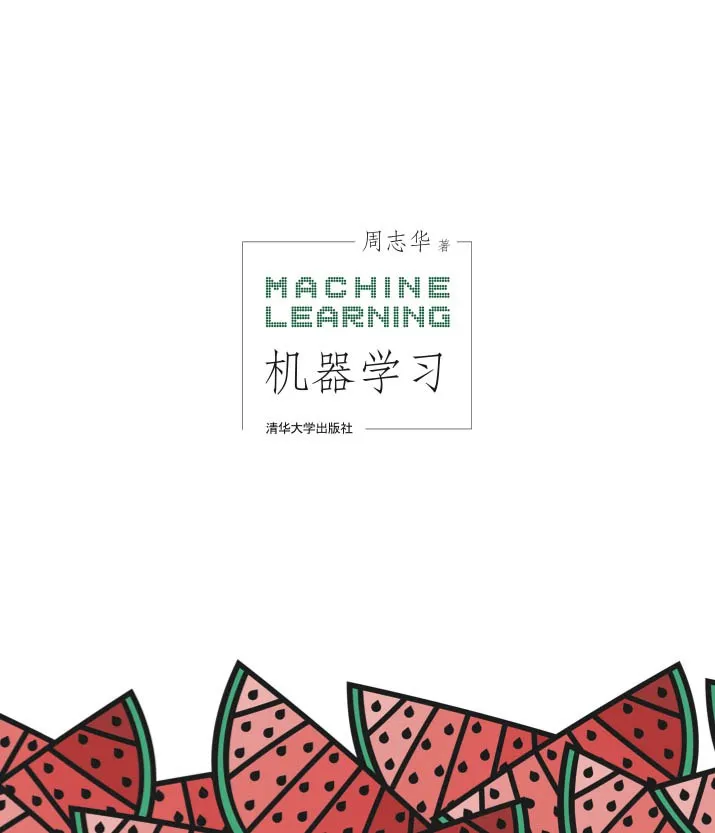
|
Meachine Learning Prof. Zhi-Hua Zhou Tsinghua University Press, 2016 ISBN: 9787302423287 🇨🇳Chinese |
|
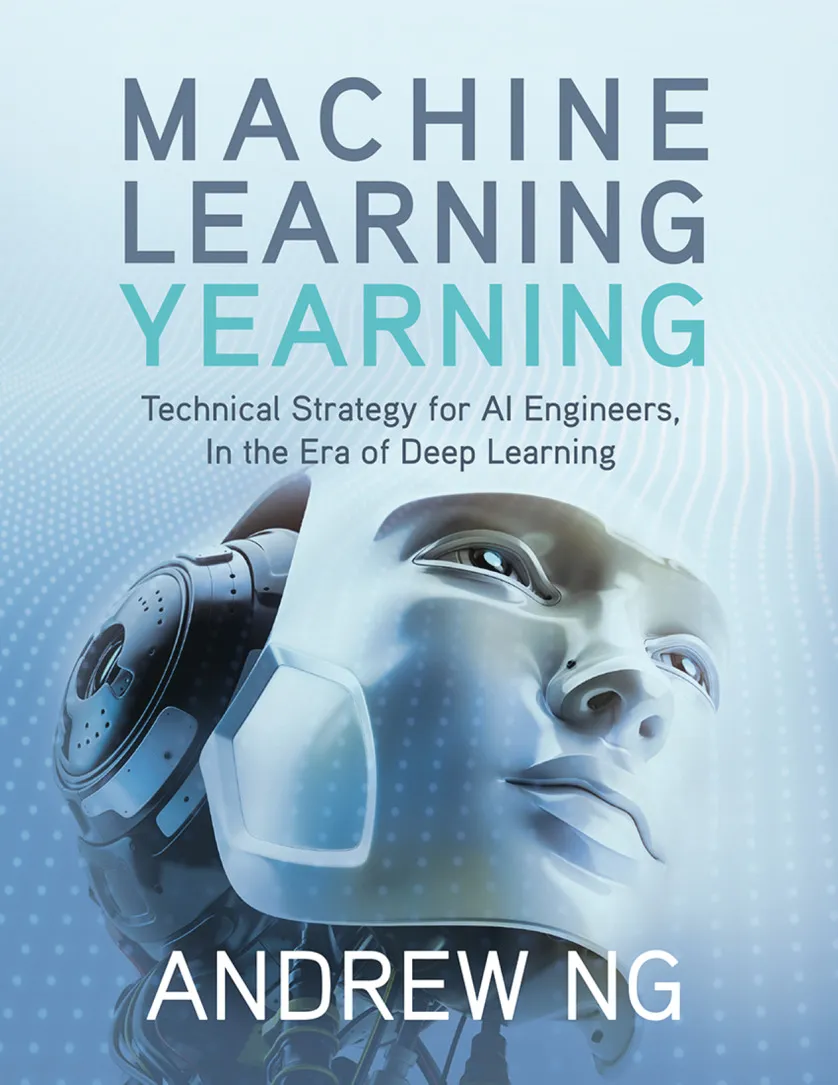
|
Machine Learning Yearning Prof. Andrew NG Free Ebook, 2018 🇬🇧English | 🇨🇳Chinese |
|
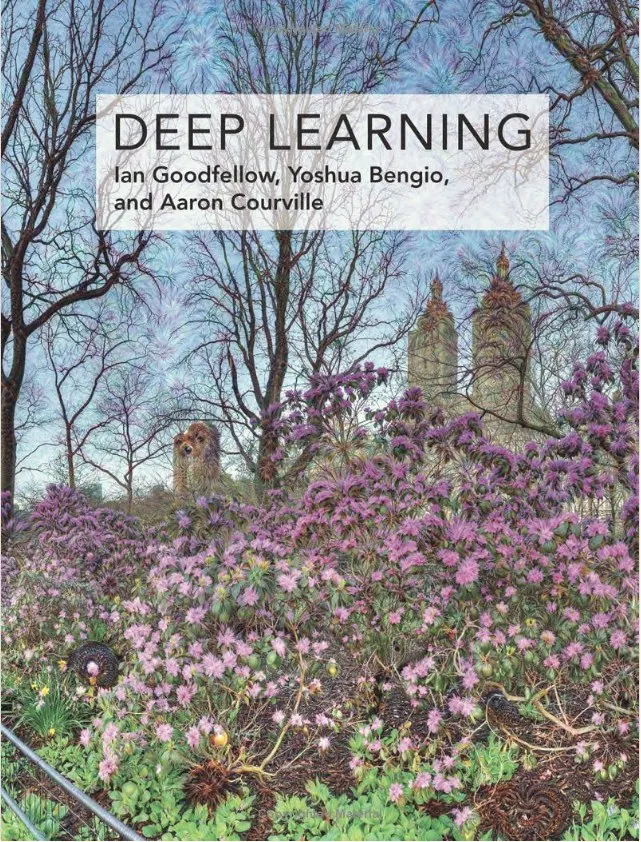
|
Deep Learning Dr. Ian Goodfellow, Prof. Yoshua Bengio, and Prof. Aaron Courville MIT Press, 2016 ISBN: 9780262035613 🇬🇧English | 🇨🇳Chinese |
|
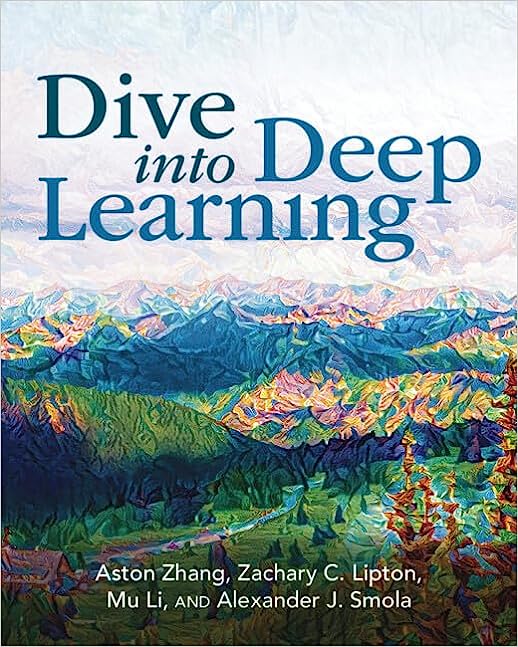
|
Dive into Deep Learning Dr. Aston Zhang, Dr. Zachary C. Lipton, Dr. Mu Li, and Dr. Alexander I. Smola Cambridge University Press, 2023 ISBN: 1009389432 🇬🇧English | 🇨🇳Chinese |
Research
- Google Scholar: Largest Search Engine for Academic Publishing
- dblp: Computer Science Bibliography
- Conference Partner: Information about Academic Conferences
- Networking Conferences Statistics: Year-over-year Statistics for Networking Conferences
- LetPub: Information about SCI Journals
- Academic Accelerator: Wonderful Tool to Accelerate Your Scientific Research
- WikiCFP: A Wiki for Calls for Papers
- Zotero: Personal Research Assistant
- IEEE Template Selector: Find the Right IEEE Article Template for Your Target Publication
Grant
- NSFC Big Data: Official Big Data Knowledge Management Service Portal of National Natural Science Foundation
- LetPub: Scientific Fund Results Inquiry System
- NSFC Proposal Template: Unofficial LaTeX Format Template for National Natural Science Foundation of China Grant Applications
- Full Names of Related Funds: Chinese-English Comparison
- Funding, Award, and Scholarship Translation summarized by Xovee Xu
Coding
- Python Tutorial by Xuefeng Liao 🇨🇳Chinese
- Python Documentation 🇬🇧English 🇨🇳Chinese
- Python for Beginners 🇨🇳Chinese
🧩 Interests
🎵 Music
- Recently on Repeat
- Favorite Albums
- Step into his world of melodious favorites and discover a carefully curated music collection.

- Explore his Replay 2023 playlist, a journey through his most played tracks on
🎬 Movies
 |
 |
 |
 |
 |
|
| The Secret Life of Walter Mitty | Romeo + Juliet | Moulin Rouge! | Call Me by Your Name | A Clockwork Orange | |
| Ben Stiller | Baz Luhrmann | Baz Luhrmann | Luca Guadagnino | Stanley Kubrick | |
| 2013 | 1996 | 2001 | 2017 | 1971 |
🏃 Sports
Passionate about fitness, he has earned a series of accolades in his active lifestyle.
- 🍎 Apple Fitness achievements
 |
 |
 |
 |
 |
 |
 |
 |
| Four-week continuous Fitness+ workout streak award | Daily Move goal reached 100 times award | 50th Fitness+ Treadmill workout accomplishment | 50-time winner of the 7-workouts-per-week challenge | Top cycling calorie burner award (525 Calories) | Peak calorie burn on the elliptical award (645 Calories) | Maximum calories burned running award (579 Calories) | Highest calories burned swimming award (157 Calories) |
| Aug 15, 2023 | Nov 30, 2021 | Aug 7, 2023 | Sep 22, 2023 | May 17, 2023 | Jan 21, 2023 | Aug 16, 2023 | Jun 13, 2023 |
- 🆚 Events (PB: Personal Best)
| Event Name | Net Time | Average Pace | Location | Date |
|---|---|---|---|---|
| Chongqing (Changjiahui) Half Marathon | 03:05:06 (PB) | 08'46'' (PB) | Chongqing 🇨🇳 | Nov 3, 2024 |
- 🏅 Medal
 |
 |
 |
 |
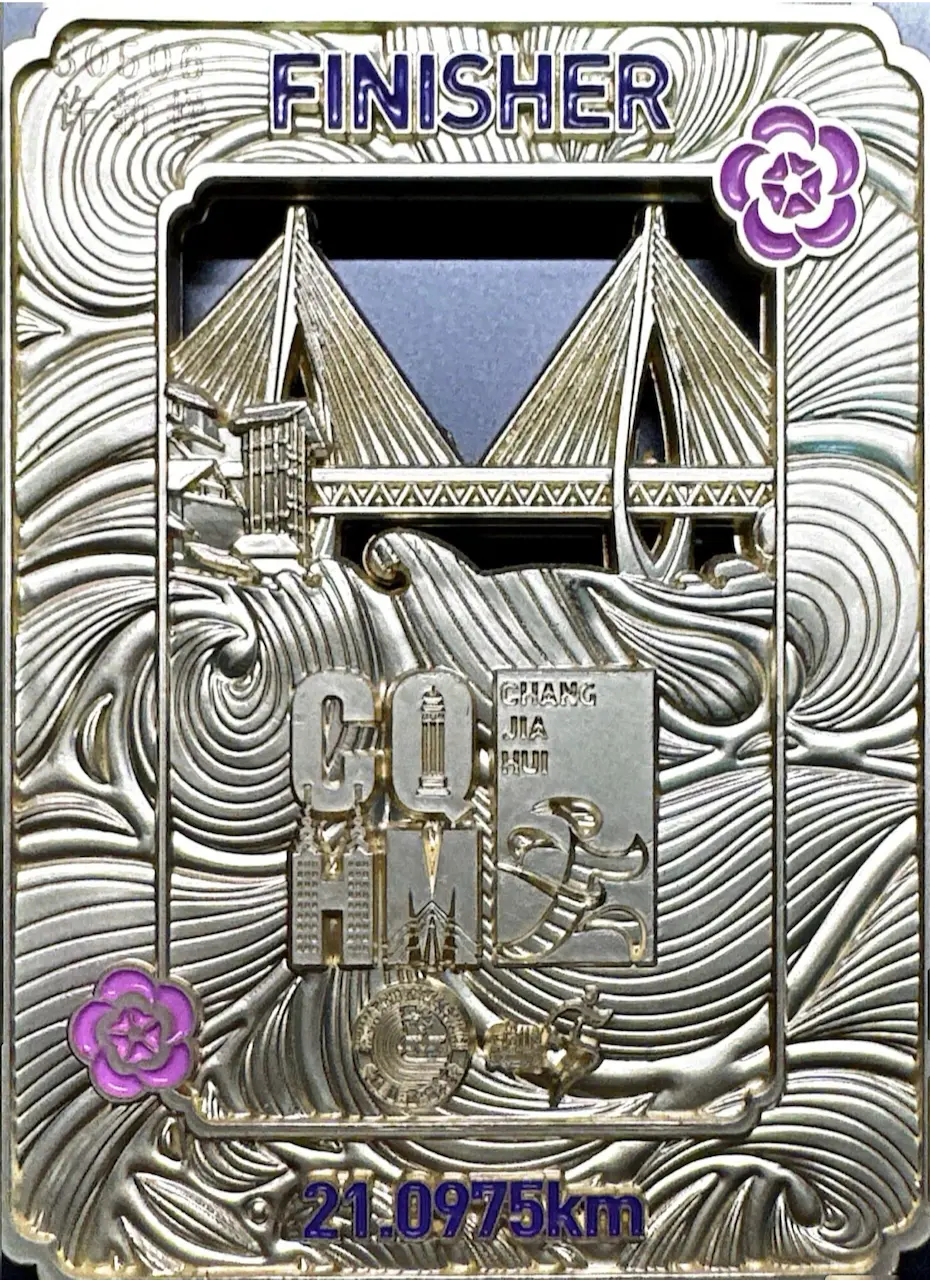 |
 |
| Summit of Wutong Mountain | Find Your Way given by BFF | Decathlon SAKURA Cycling | Chongqing Mountain City Street & Alley Orienteering Challenge | Chongqing (Changjiahui) Half Marathon | Campus Fun Games |
| Jan 20, 2024 | Mar 11, 2024 | Mar 22, 2024 | May 26, 2024 | Nov 3, 2024 | May 16, 2025 |
🎮 Gaming
His world of gaming spans across various consoles, offering endless adventures and excitement.
- Connect with him on
by adding his Friend Code: SW-2057-0942-7707
- The Legend of Zelda: Breath of the Wild
- The Legend of Zelda: Tears of the Kingdom
- Super Smash Bros.
- Splatoon 3
- Mario Kart 8 Deluxe
- Animal Crossing: New Horizons
- Nintendo Year in Review 2023
 |
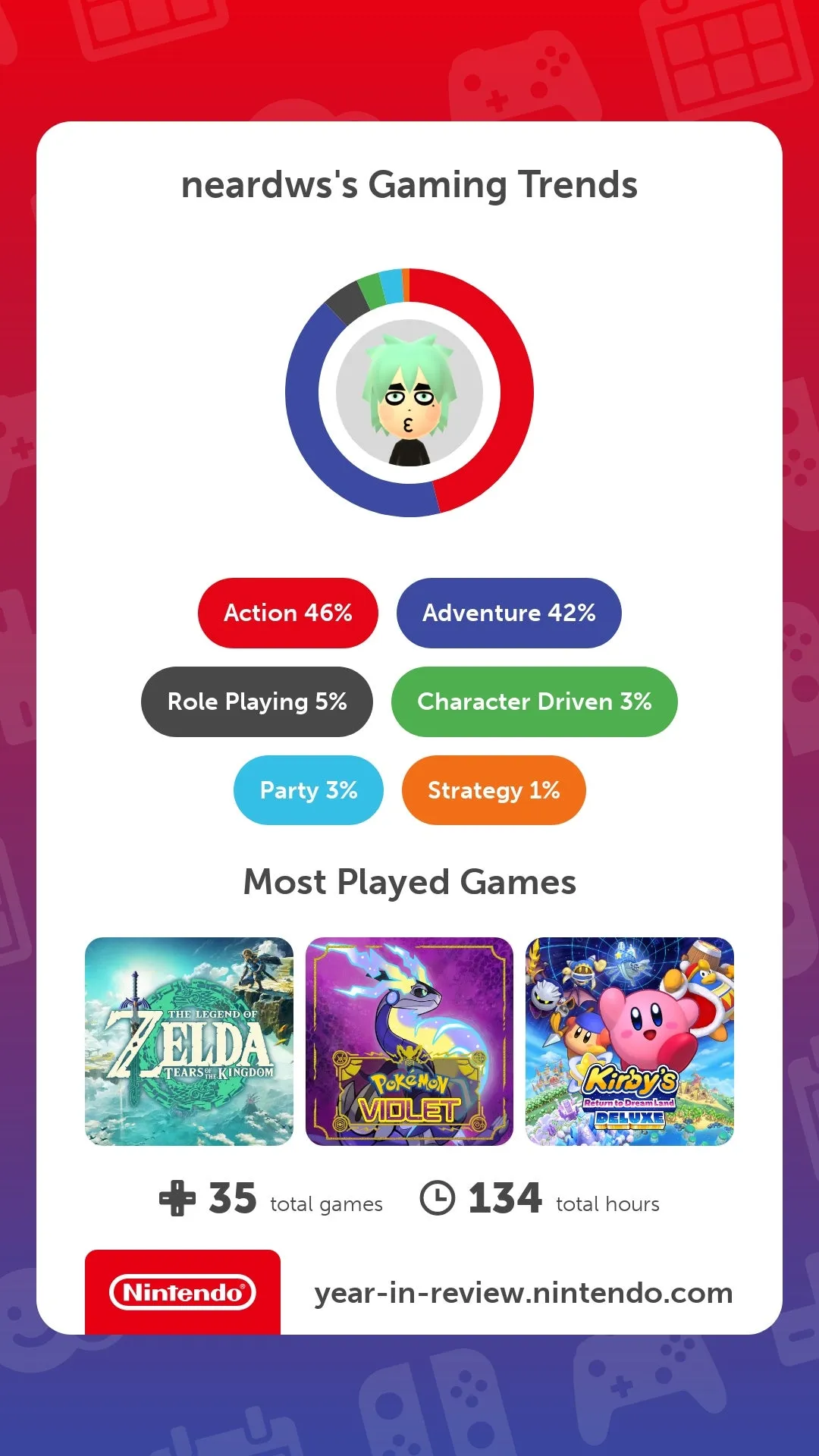 |
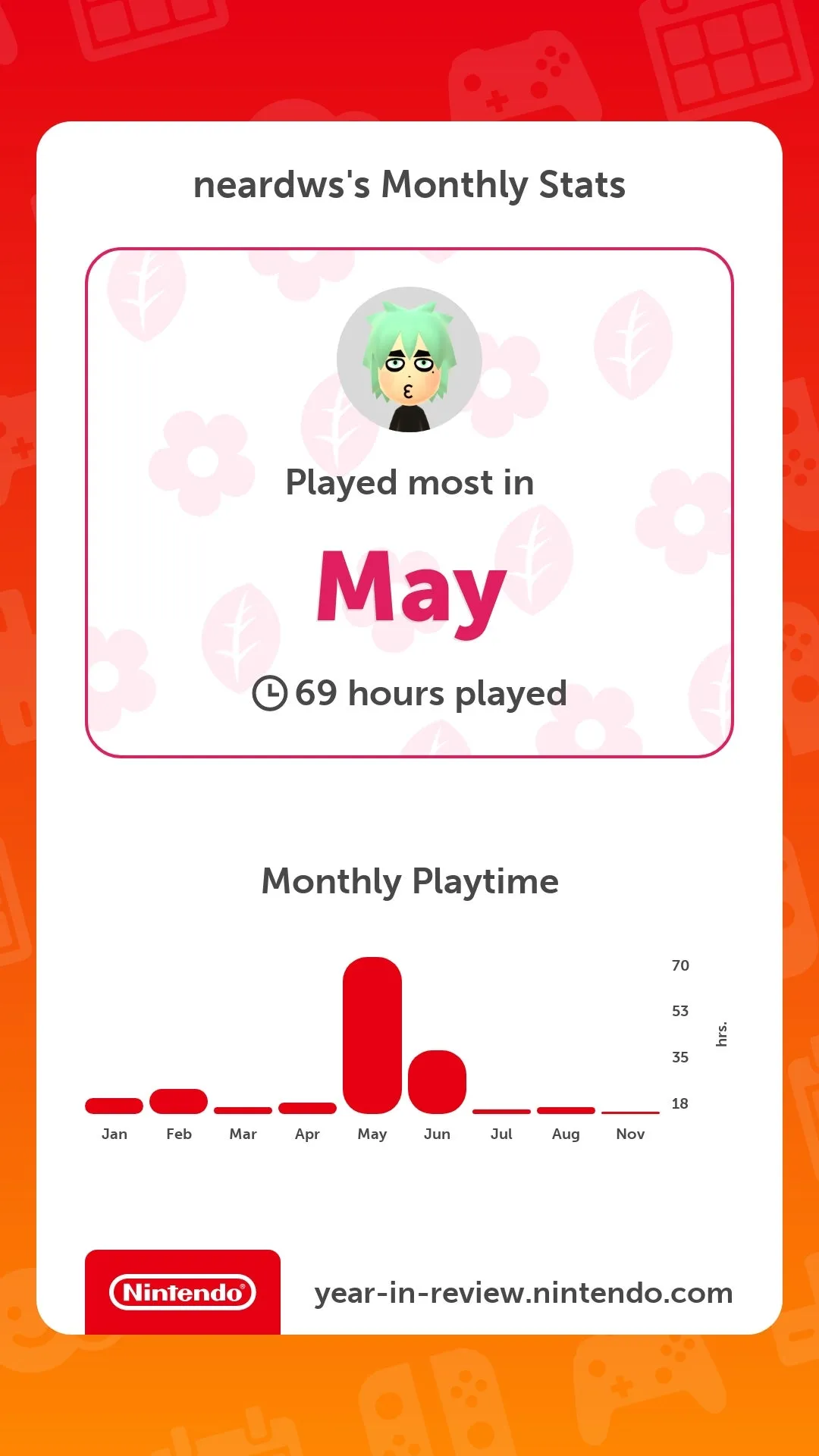 |
- Join him on
by adding him PSN ID: near_dws
- The Last of Us Part I
- Final Fantasy VII Remake
- Detroit: Become Human
- Life is Strange 2
- Life is Strange: True Colors
📱 Tech
His interest in digital gadgets extends to a wide range of hardwares and softwares.
Hardware
Software
| Tool | Using | |
|---|---|---|
| 💻 Operating System | macOS Sonoma | |
| 📧 Email Client | Canary Mail | |
| ⌨️ Command Line Interface | Warp | |
| 🌐 Web Browser | Safari | |
| 💬 Instant Messaging | Telegram | WeChat | iMessage | |
| 🎵 Music Player | Apple Music | Spotify | |
| 👨💻 Coding Environment | Visual Studio Code | |
| 📝 Text Editor | Sublime Text | |
| ⌨️ Input Method Editor | RIME Squirrel | ABC | |
| 📊 Productivity Suite | Microsoft 365 | Keynote | Notion | |
| 🔣 LaTex Editor | Texifier | Overleaf | |
| 📄 Reference Manager | Zotero | |
| 🔍 PDF Reader | PDF Expert | Adobe Acrobat | |
| 🎨 Graphic Design | Wondershare EdrawMax | Microsoft PowerPoint | |
| 🗣️ Communication | VooV Meeting | Zoom | |
| 🎬 Video Streaming | Bilibili | Netflix | YouTube | Apple TV+ | Infuse | |
| ☁️ Cloud Storage | iCloud | Aliyun Drive | OneDrive | |
| 📱 Social Media | X | Instagram | LinkedIn | |
| 🗨️ Forum | V2EX | Reddit | |
| ⌚ Fitness Tracking | Apple Health | Apple Fitness+ | |
| 🔒 Security | Shadowrocket | Surge | |
| 🤖 Automation | Apple Shortcuts |
Please use Safari for the best experience. © 2025-2034 Neardws.com All Rights Reserved.













































